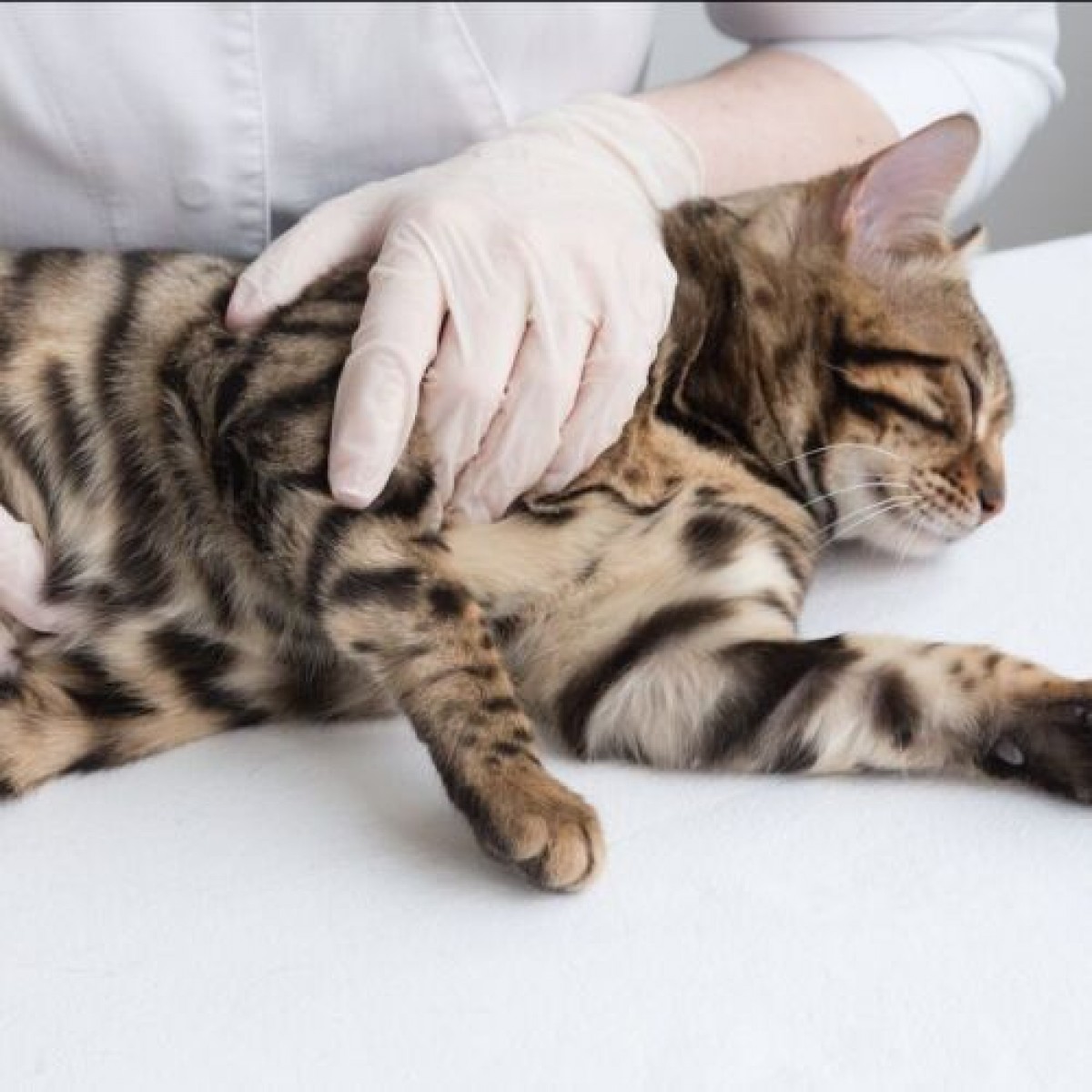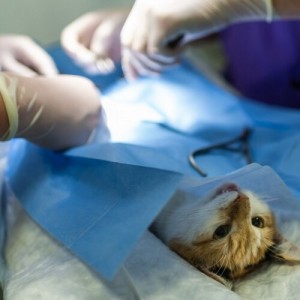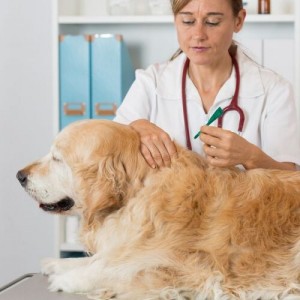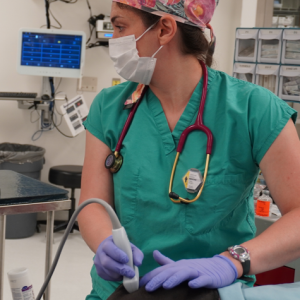Use of levetiracetam for the treatment of myoclonic seizures in dogs
Myoclonic seizures are considered a type of generalised seizure characterised by brief, jerking movements of the body. The aim of this study is to describe cases of suspected canine myoclonic seizure of idiopathic aetiology and to discuss the successful use of the anticonvulsant levetiracetam as treatment in each of these cases.
Dogs with epileptic myoclonus suspected to be idiopathic in aetiology were considered for inclusion. Medical records were reviewed for physical and neurologic examination findings, clinicopathologic results, and diagnostic imaging results. All included dogs were treated with levetiracetam, and their response was reported.
Five dogs were included, all of which had suspected myoclonic seizures either observed in-person or on video recording by a board-certified veterinary neurologist. The duration of myoclonic seizures preceding treatment ranged from one day to one year. One dog also experienced a generalised tonic-clonic seizure. All dogs were treated with levetiracetam. Two dogs experienced long-term myoclonic seizure freedom (duration seizure-free of at least 1 year), and two dogs experienced marked decreased myoclonic seizure frequency. One dog experienced immediate abatement of myoclonic seizures, although levetiracetam was only utilised for 1 month following onset of myoclonic seizures in this patient.
In conclusion, myoclonic seizures can be idiopathic in aetiology. Levetiracetam can be used effectively to rapidly stop myoclonic seizures and to decrease the frequency of myoclonic seizures.
“Use of levetiracetam for the successful treatment of suspected myoclonic seizures: five dogs (2016-2022)”. J Linder, et al. J Small Anim Pract. 2024 Apr 2. doi: 10.1111/jsap.13719.
Source: https://onlinelibrary.wiley.com/doi/10.1111/jsap.13719












List
Add
Please enter a comment